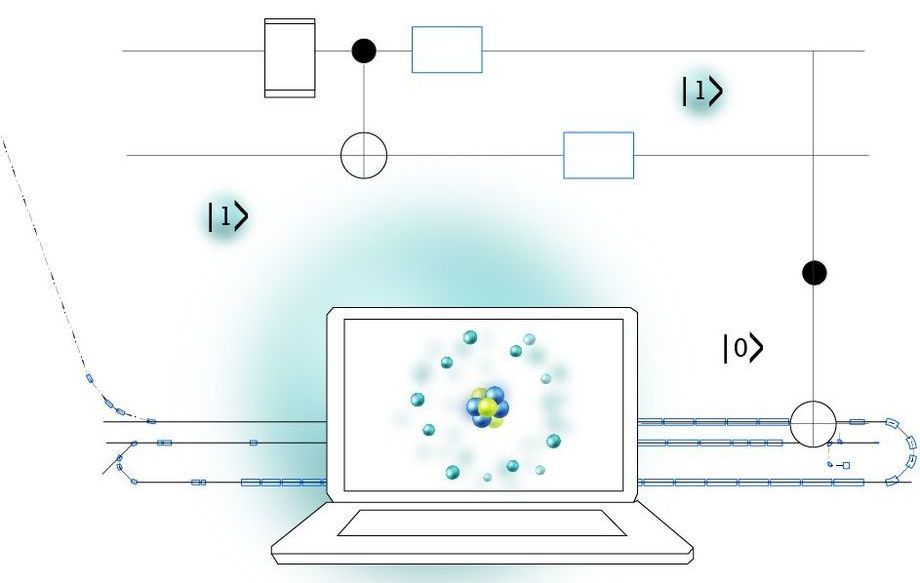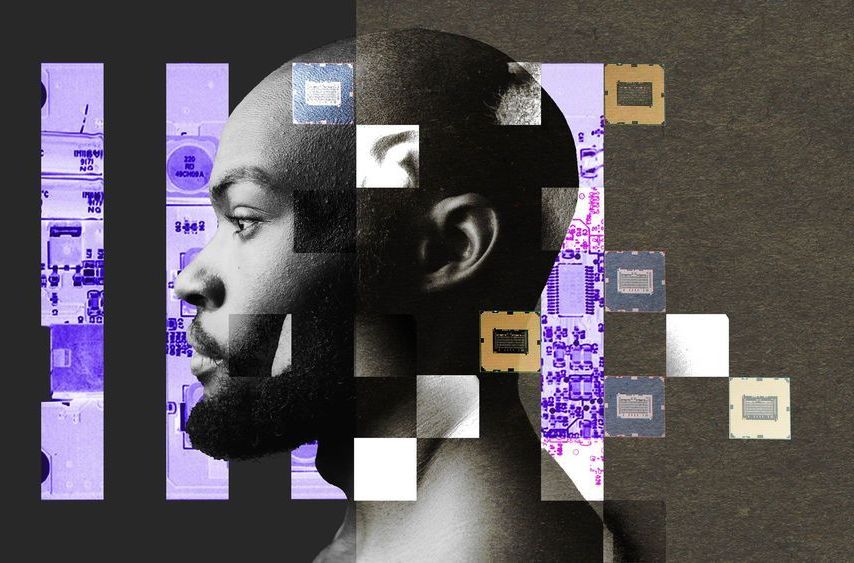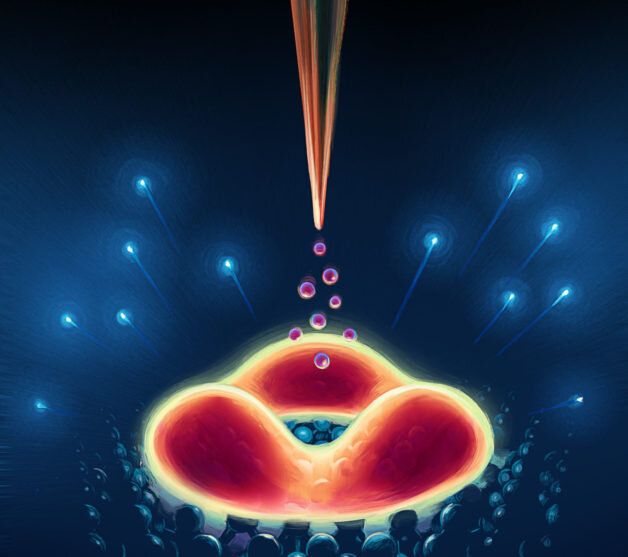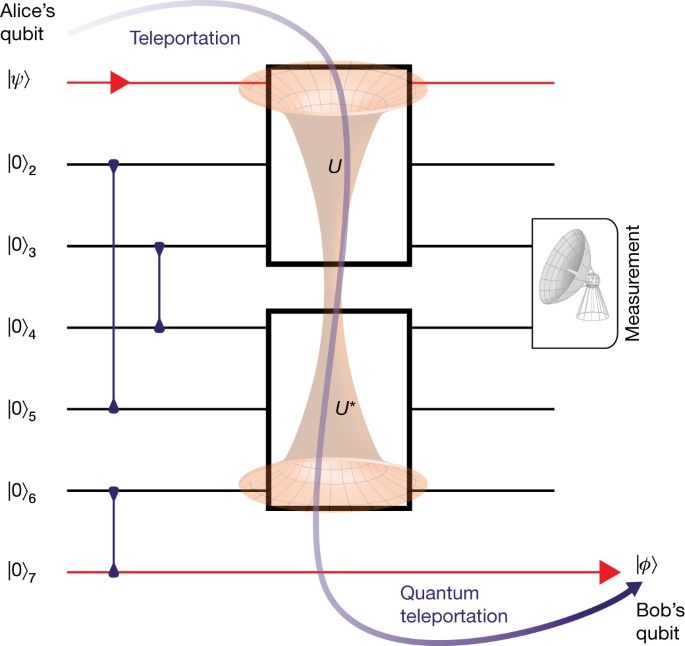A team of astronomers at the University of Hawaiʻi at Mānoa Institute for Astronomy (IfA) has produced the world’s largest three-dimensional astronomical imaging catalog of stars, galaxies and quasars. The team used data from UH’s Panoramic Survey Telescope and Rapid Response System or Pan-STARRS1 (PS1) on Haleakalā. The PS1 3π survey is the world’s largest deep multi-color optical survey, spanning three-quarters of the sky. IfA astronomers applied novel computational tools to the catalog, to decipher which of the 3 billion objects are stars, galaxies or quasars. For the galaxies, the software also derived estimates of their distances.
The resulting 3D catalog is now available as a high-level science product through the Mikulski Archive for Space Telescopes. It is approximately 300 GB in size, and science users can query the catalog through the MAST CasJobs SQL interface, or download the entire collection as a computer-readable table.








